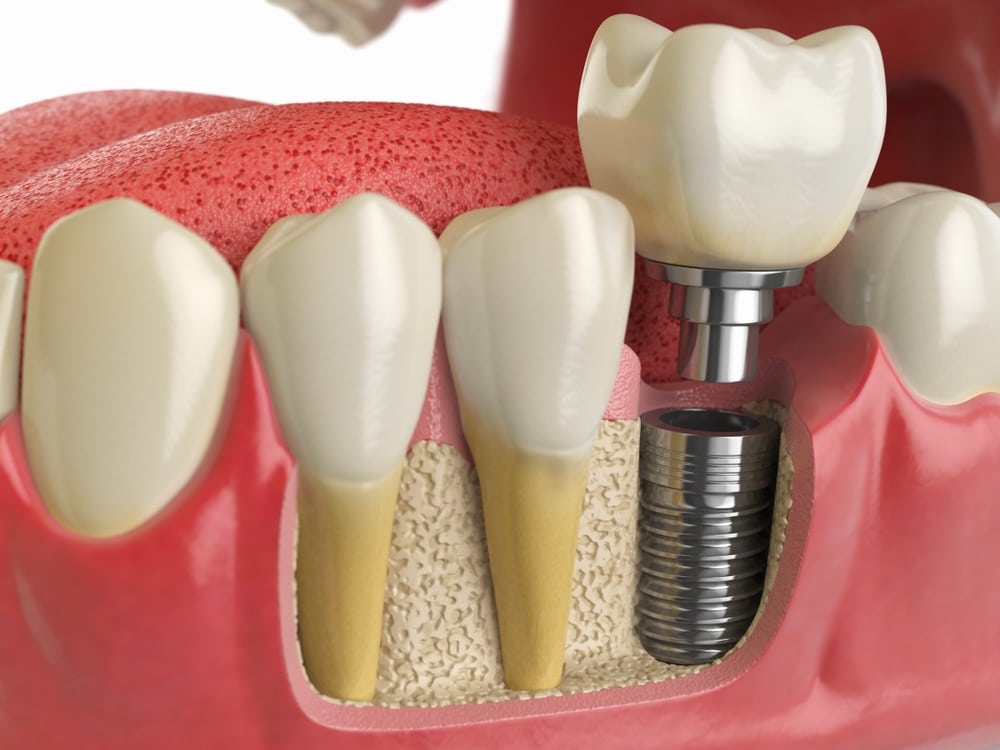Blog > News amp Perspective > Are Dental Implants Tax Deductible?
Are Dental Implants Tax Deductible?
February 20, 2024 - Friendly Tax Expert

As the clock ticks towards tax season, many individuals start to wonder about the various tax deductions and credits available to them.
For those considering or already having undergone dental implant procedures, the potential to subtract these costs can be a significant financial boon.
In this article, we will look into the specifics of whether dental implants are tax deductible and what steps you need to take to avail of this financial benefit.
What are dental implants?
Dental implants have revolutionized oral health, offering a solution to tooth loss that is not only functional but also cosmetically enhancing.
However, these innovations come at a price. The out-of-pocket cost for an individual implant can range from several thousand to tens of thousands of dollars. The cost depends on various factors like materials used, dental complications, and the need for additional procedures.
The significant investment in dental implants prompts a natural question: Can I deduct the cost of dental implants from my taxes?

Can I deduct the cost of dental implants from my taxes?
The short answer is yes, you can deduct the cost of dental implants from your taxes, as they are classified as medical expenses.
According to the Internal Revenue Service (IRS) in Topic No. 502 Medical and Dental Expenses, the definition of medical expenses includes "the diagnosis, cure, mitigation, treatment, or prevention of disease, or payments for treatments affecting any structure or function of the body," which covers dental implants.
However, there are several qualifiers to keep in mind:
- Itemize Deductions: To claim the tax benefit of dental implants, you must itemize deductible medical expenses on your tax return. This is where keeping detailed records of all your dental expenses becomes crucial.
- Threshold for Medical Expenses: The IRS sets a threshold for medical expenses. For the 2023 tax year, this threshold is 7.5% of your adjusted gross income (AGI). This means you can only deduct your dental expenses if they exceed 7.5% of your AGI.
Let's illustrate this with an example:
Suppose your AGI is $50,000, and you've accumulated $10,000 in dental expenses, including the cost of your implants.
After applying the 7.5% threshold ($3,750), you are allowed to subtract the difference, which would be $6,250 in this scenario.
After calculating your allowable deduction for dental expenses to be $6,250, it's important to compare this amount with the standard deduction available for your filing status. For a single filer in the example given, the standard deduction for the tax year 2023 is $13,850.
Is the cost of the dental implants the only deductible expense you've incurred? In this case, opting for the standard deduction would be more beneficial. It will reduce your taxable income by a greater amount, thus likely resulting in a lower tax bill.
However, if you have other medical expenses that you can itemize and add to the cost of the dental implants that could exceed the standard deduction, it may be more advantageous for you to itemize deductions.
Let's say you have other medical expenses that total $15,000, add that to $6,250 (cost of dental implants), and your total itemized deductions would be $21,250. In this case, itemizing deductions would result in a lower tax bill compared to taking the standard deduction on your tax return.

Tips to help you navigate the costs of dental implants
Beyond tax deductions, there are other financial strategies to consider when it comes to managing the cost of dental implants:
- Health Savings Accounts (HSAs) and Flexible Spending Accounts (FSAs) offer tax-advantaged ways to save for and pay medical expenses, including dental treatments.
- Review your dental insurance plan. While many dental insurance policies offer limited coverage for implants, this coverage can still reduce the overall cost.
- Seek financing options. Many dental practices offer payment plans and financing to make dental implants more manageable.
Consult a tax professional today
As you prepare to file your taxes, consider the long-term value of understanding the tax implications of your dental care expenses.
With careful planning and the right professional guidance from a tax expert, you can position yourself to get the most out of the tax benefits available to you.
